Description
‘Kshara’ is the alkaline ash obtained by the controlled combustion of certain therapeutic drugs. It is a potent remedy for Kapha-Vata derangement in the body characterized by sluggishness, loss of function and poor fluid drainage.
Kalyanaksharam is mentioned classically in the context of treating digestive dysfunction, whole body edema and malabsorption syndrome. It is effective in small doses and palatable.
Features and benefits of Kalyanaksharam-
- Ash is obtained by controlled combustion of a combination of Tripahla (Terminalia chebula, Terminalia bellirica, Embilica officinalis), Trikatu (Zingiber officinale, Piper longum and Piper nigrum), Bida lavana (Mineral salt), Sauvarchala lavana (Mineral lavana), Saindhava (Rock salt), Danti (Baleospermum montanum), Chitraka (Plumbago zeylanica), Arushkara (Semecarpus anacardium), Sesame oil and Cow’s urine.
- Kalyanaksharam is a good remedy for chronic indigestion, abdominal gas, flatulence and malabsorption syndrome. It breaks down the sluggishness imposed by deranged Kapha and stimulates digestive function.
- It improves kidney function and neutralizes excess acidity in the body. Improves lymphatic drainage and prevents oedema.
- It is beneficial in the management of chronic respiratory distress, cough, cold and wheezing.
- Kalyanaksharam used in therapeutic doses kickstarts the metabolism and restores healthy gut and liver function.
Adult: Upto 1 gm Kalyanaksharam at a given time, mixed with buttermilk or thin rice gruel, or other suitable adjuvants.
Child: 250-500 mg Kalyanaksharam at a given time, mixed with buttermilk or thin rice gruel or other suitable adjuvants.
Key Ingredients:
PIPPALI (Piper longum)
Pippali is known as “Tridoshic” herb as it suits all body types. Thus regular consumption of Pippali in suggested quantity can help you to immune your body to quite an extent. Pippali has anti-microbial, anti-inflammatory activity. Consumption of Pippali is said to exhibit anti spasmodic action and hypoglycaemic effect which is believed to lower blood sugar level. It is also reported to be antagonist in respiratory depression. Also due to its cooling post-digestive effect consumption of Pippali is considered as a safe and effective option to avoid all sorts of digestive disorders.
MARICHA (Piper nigrum)
Maricha is native to Western Ghats of India. It is cultivated for its fruit, which is widely used as spice and in traditional Indian medicine preparation. Black pepper is an appetizer and a carminative commonly used in the treatment of digestive system related complaints like dyspepsia, indigestion, flatulence, nausea, diarrhoea and colic pain. In respiratory system it acts like an expectorant used in cough, cold and chest congestion. Externally used as analgesic and in Vitiligo, it stimulates the production of pigments.
SHUNTI (Zingiber officinalae)
Due to its strong flavor, Ginger is an essential ingredient in many Asian cuisines. Its therapeutic benefits have been recorded in Ayurvedic and Traditional Chinese Medicine. Ginger is a potent anti-nauseatic and is beneficial in treating upset stomach. Gingerol and shogaol, active components of Ginger, suppress gastric contractions. Both the fresh and dried rhizomes of Ginger suppress gastric secretion and reduce vomiting. The compounds 6-gingerol and 6-shogaol have a number of pharmacological properties, including antipyretic, analgesic, antitussive and hypotensive properties.
LAVANA
Lavana is commonly known as rock salt. It is good for eyes, increases appetite and relieves hiccough.
HAREETHAKI (Terminalia chebula)
It is popularly known as Indian walnut for its innumerable benefits or Indian hog plum in English, it is extremely valuable for its role in improving hair health. It is useful for treating scalp infections like dandruff, itching and hair fall. It also strengthens them from the roots, prevents breakage and loss of hair and bestows silky soft smooth hair. Chebulic Myrobalan is one of the three key ingredients in Triphala, a natural compound that provides overall support for digestive function and helps ensure that the digestive tract works at optimal levels. The Ayurvedic Pharmacopoeia of India has documented the use of the powdered herb in intermittent fevers and chronic fevers, anemia and polyuria. Chebulic Myrobalan can also be used to treat gastrointestinal and respiratory disorders.
AMALAKI (Emblica officinal)
It is commonly known as the Indian Gooseberry. It is high in Vitamin C and natural antioxidants known as flavonoids and polyphenols. When used for hair treatments, it is found to strengthen and condition follicles down to the roots. Amla oil can promote hair growth, reduce dandruff, and prevent the graying of hair.
VIBHITHAKI (Terminalia Bellerica)
Known as Beach almonds or Bedda nut tree, it is rich in Vitamin C and other antioxidants that nourishes the hair roots. Bibhitaki helps in making the roots of the hair stronger, minimizing hair fall and preventing premature graying of hair strands.
CHITHRAKA (Plumbago zeylanica)
Also known as Plumbago zeylanica, it is a potent digestive medicine used for treating a host of ailments including indigestion, constipation, anorexia, abdominal distension, stomatitis, abdominal pain, etc. Imbued with digestive, caustic, stimulant and carminative properties, it eliminates harmful AMA toxins from the body which has accumulated due to malabsorption of food particles.


 Sign In
Sign In Cart
Cart 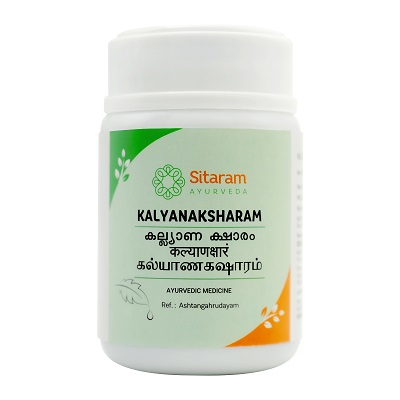
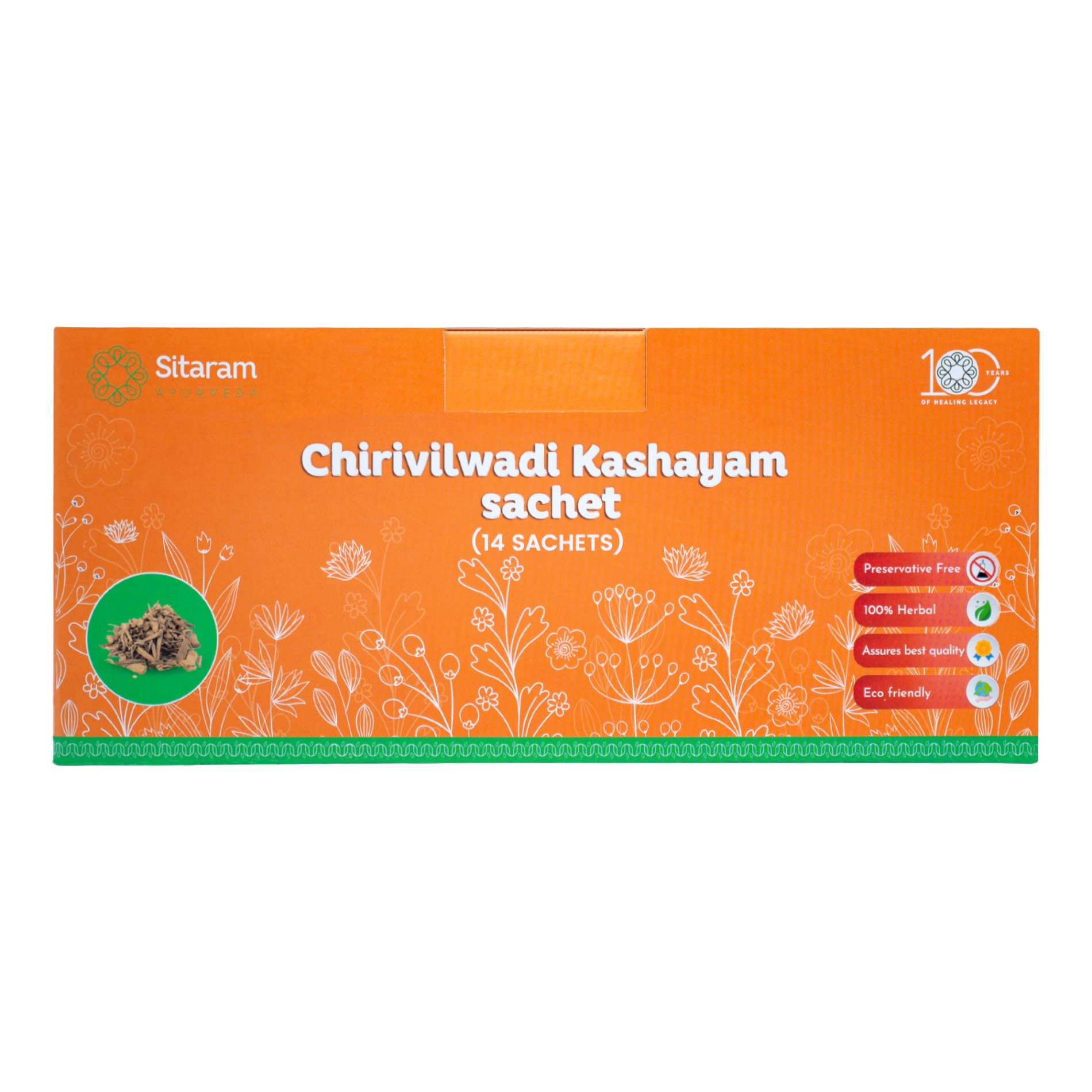
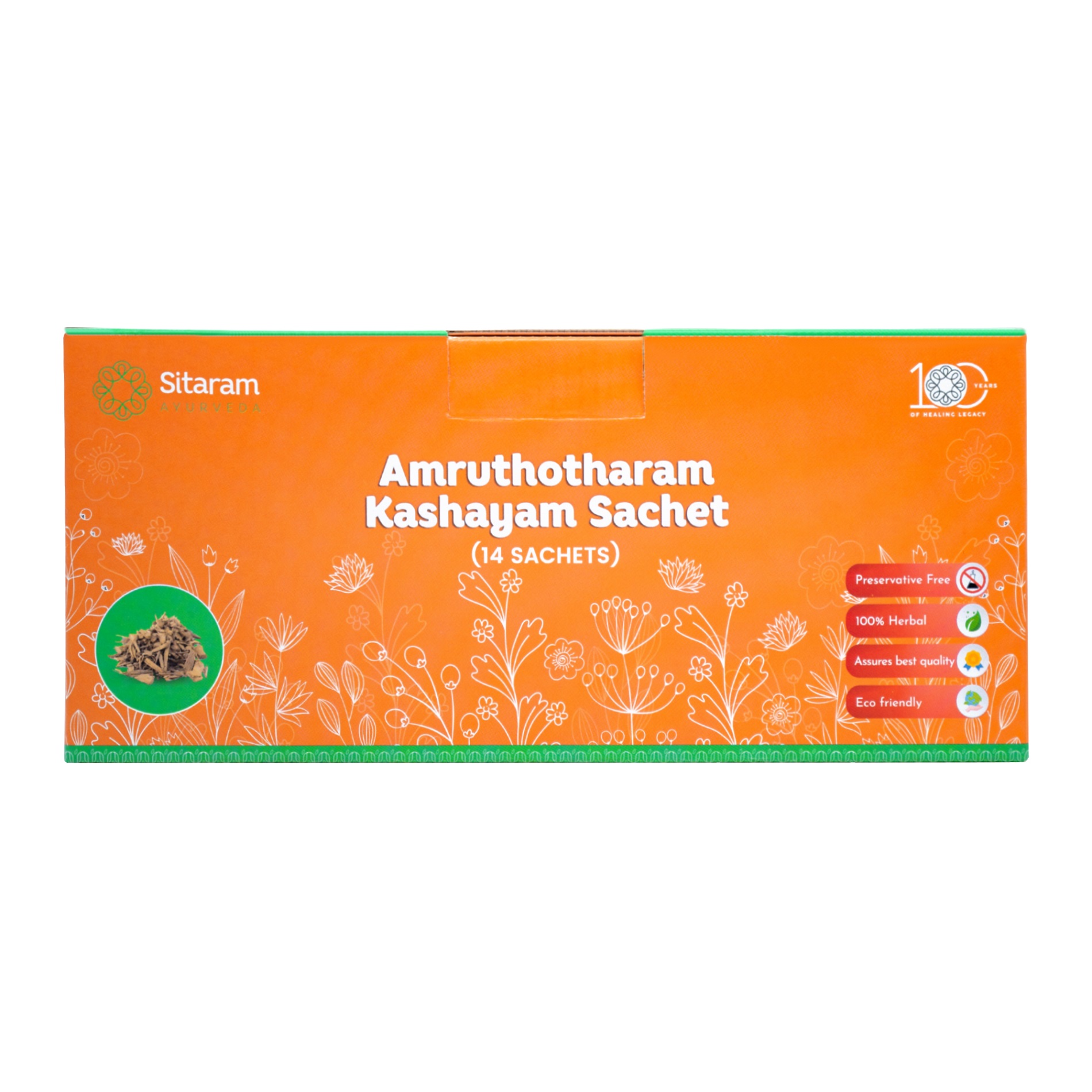
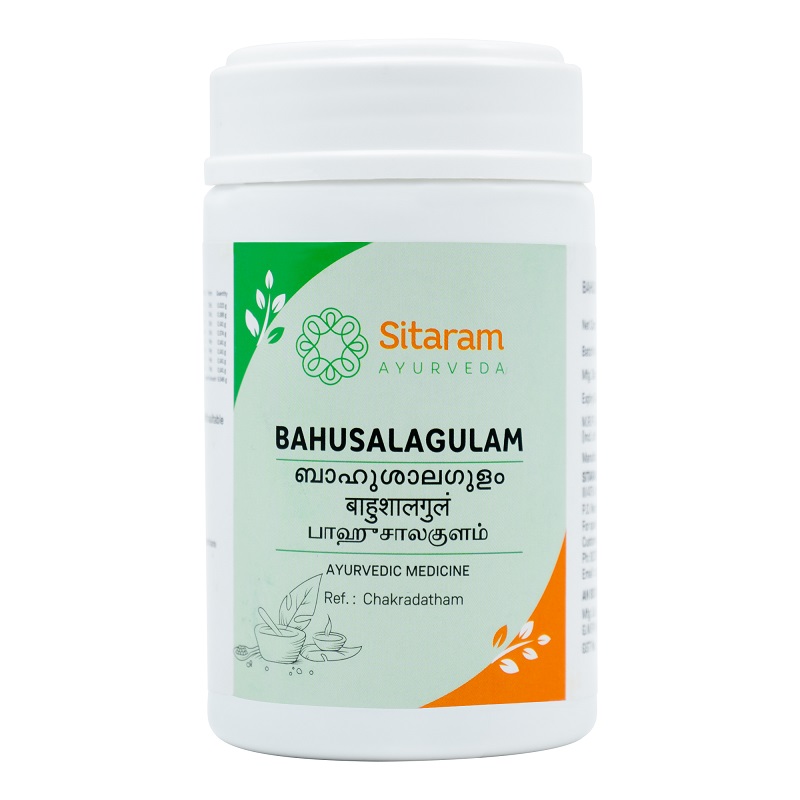
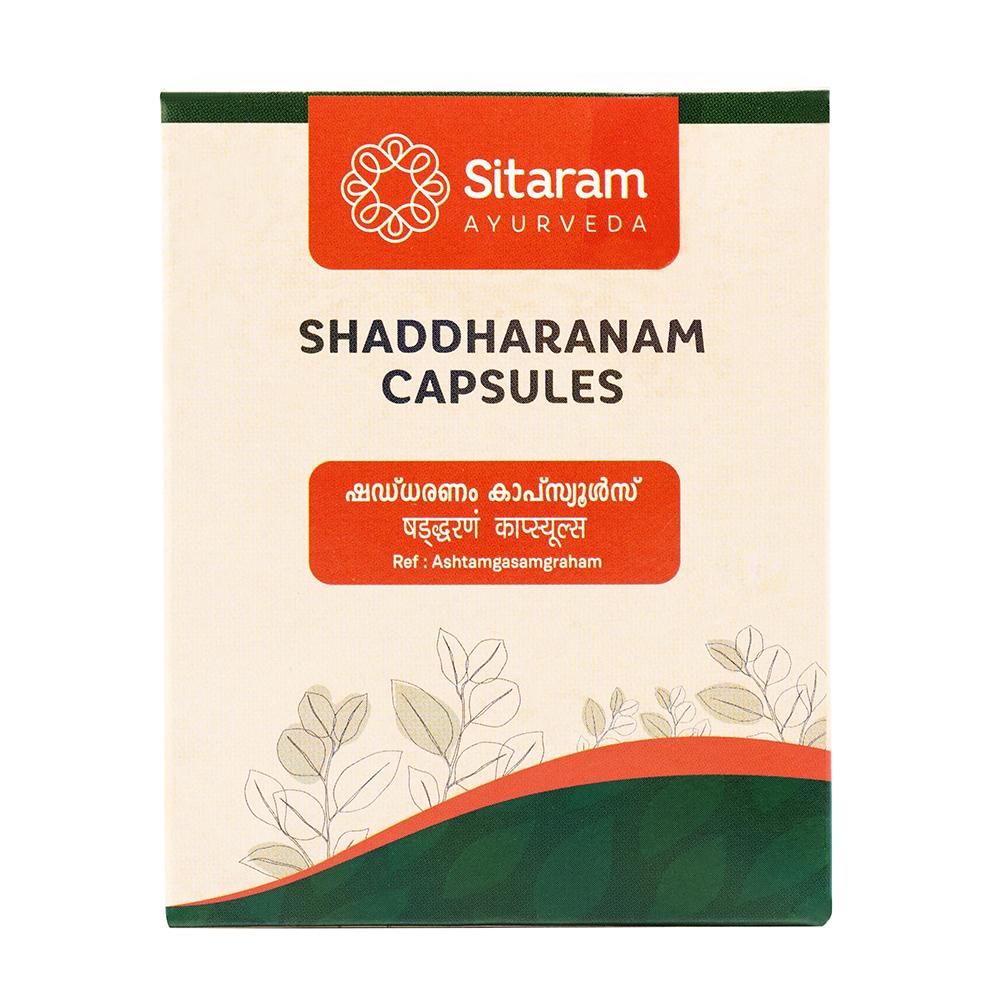
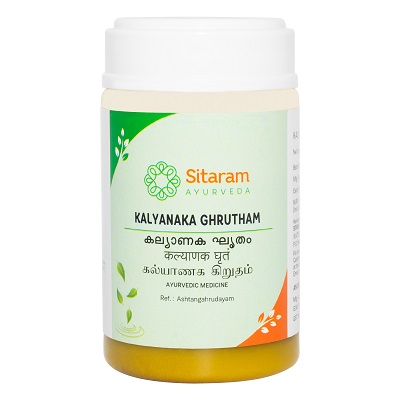
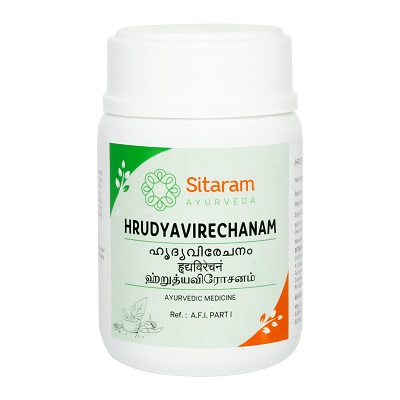
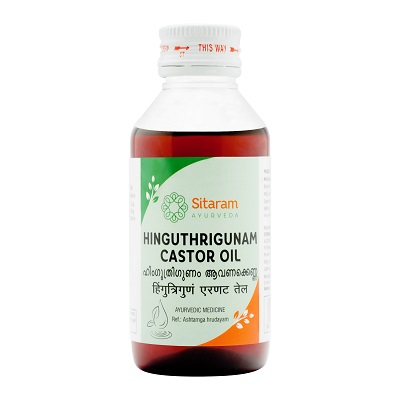
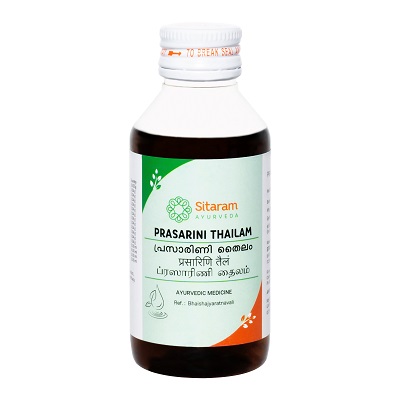
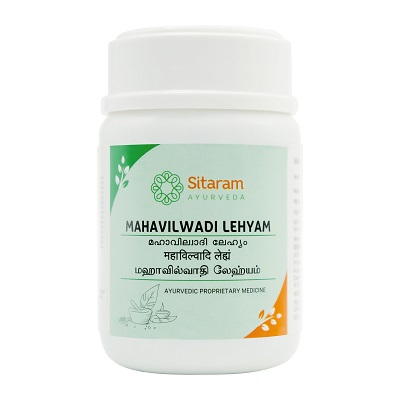
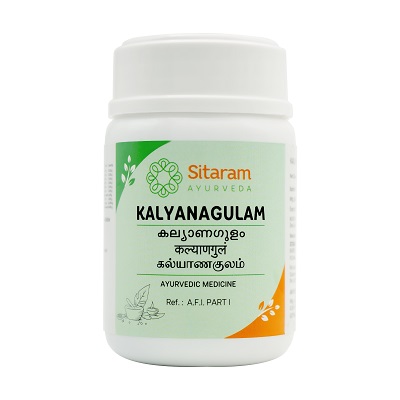
Anonymous (verified owner) –